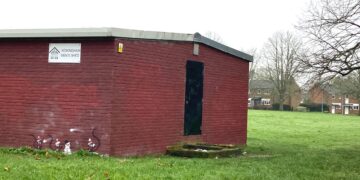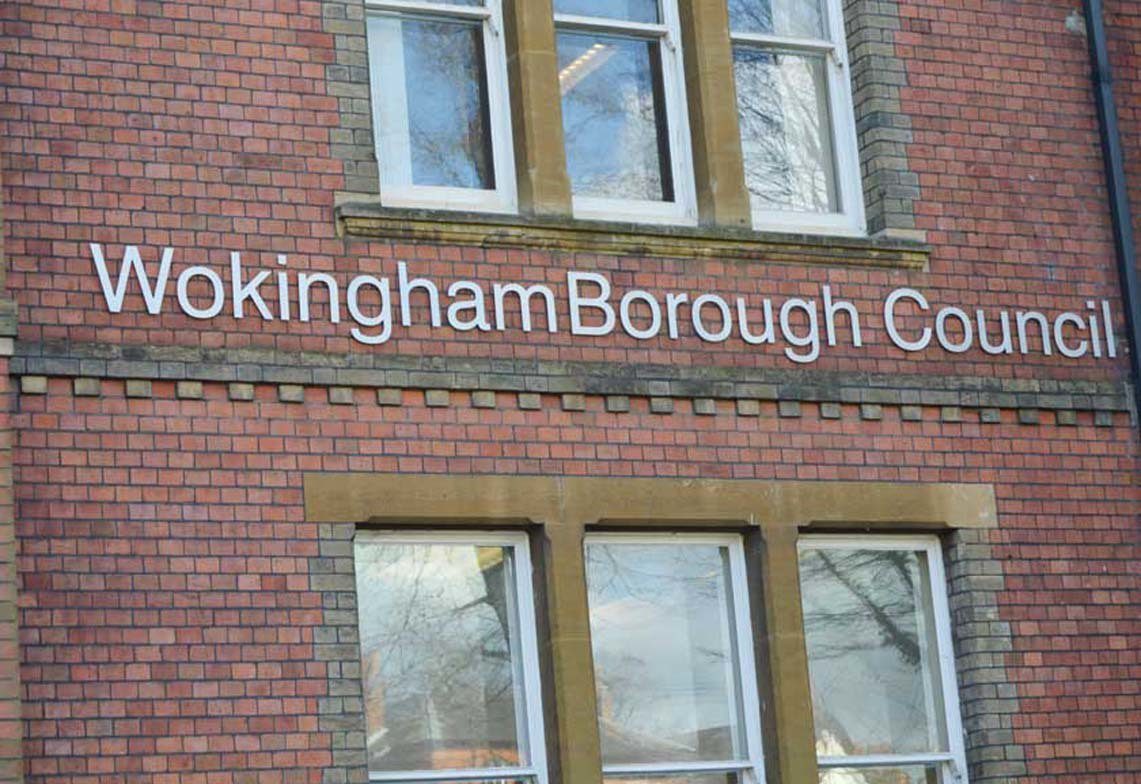WOKINGHAM Borough Council is predicting a £3.3m shortfall in council finances by 2025-26 – a two-year drop in spending power of 2% as inflation and increased costs hit budgets.
This translates to £18.52 per resident – nearly half that of neighbouring Reading, which is £32.84. West Berkshire is facing a £43.86 deficit per person.
Bracknell Forest didn’t respond to requests for this figure from the BBC Shared Data Unit.
All local authorities in Berkshire are having to make savings as a result of the cost-of-living crisis.
Wokingham Borough Council is looking to save the most – £11.7m, followed by Windsor and Maidenhead on £10.92m, West Berkshire on £9.1m, Bracknell Forest on £7.5m, and Reading on £3.81m.
For Wokingham, this is a saving of £65.67 per resident, Windsor and Maidenhead £70.96, West Berkshire £56.22, Bracknell Forest £59.92, and Reading £22.
The BBC’s research looked at 190 local authorities across the country. Out of the 190 councils which responded, 179 (94%) have budgeted to make savings for 2023-24.
The average planned savings per analysed council are £13.9m, a 36% increase since the BBC’s last study in 2021-22 (£10.2m).
There are 130 local authorities in England, and 99 of them raised council tax in April by at least 4.99%. Even with this additional revenue, they are expected to have a two-year shortfall of £3.66bn by 2025-26.
Collectively, they need to find £5.2bn of cuts by April 2026 in order to balance their books. This comes after making £2.5bn cuts already and taking £1.1bn from reserves.
The average council faces a £33m predicted deficit by 2025-26 – a rise of 60%. It was £20m when the BBC Shared Data Unit last looked at the issues.
Unison said the worsening situation meant some would not be able to offer the “legal minimum of care” next year.
Already a number of councils have had to ask for government intervention – effectively declaring themselves ‘bankrupt’ including Slough, Thurrock, and Croydon. Others have said they are close to this situation – neither Reading or Wokingham are currently in this situation.
For example, Leicester City Council said it was going to run out of reserves during the next financial year.
Cuts that other councils are considering include reducing general waste collections to a monthly cycle at South Gloucestershire, Swindon would axe 100 full-time roles, and reduce monitoring of 1,000 CCTV cameras.
Leicester City Council has introduced Sunday car parking charges, Harlow is closing respite centres for disabled people and their carers, and Halton is cutting school meals and its meals-on-wheels services.
Mike Short, head of local government at Unison, said: “Council finances are in the direst of states. As the government tightens the squeeze on local budgets, services either vanish or are scaled down dramatically.
“This is not a sustainable situation. Local authorities simply don’t have the funds to provide even statutory services.
“That’s why social services directors warned recently that councils probably can’t offer even the legal minimum of care support next year.”
And Cllr Shaun Davies, chair of the Local Government Association, said councils were having to make cutbacks to services and dip into reserves to meet their legal duty to balance the books.
“Using reserves is not a solution to the long-term financial pressures that councils face.
“Councils’ ability to mitigate these stark pressures are being continuously hampered by one-year funding settlements, one-off funding pots and uncertainty due to repeated delays to funding reforms.
















































